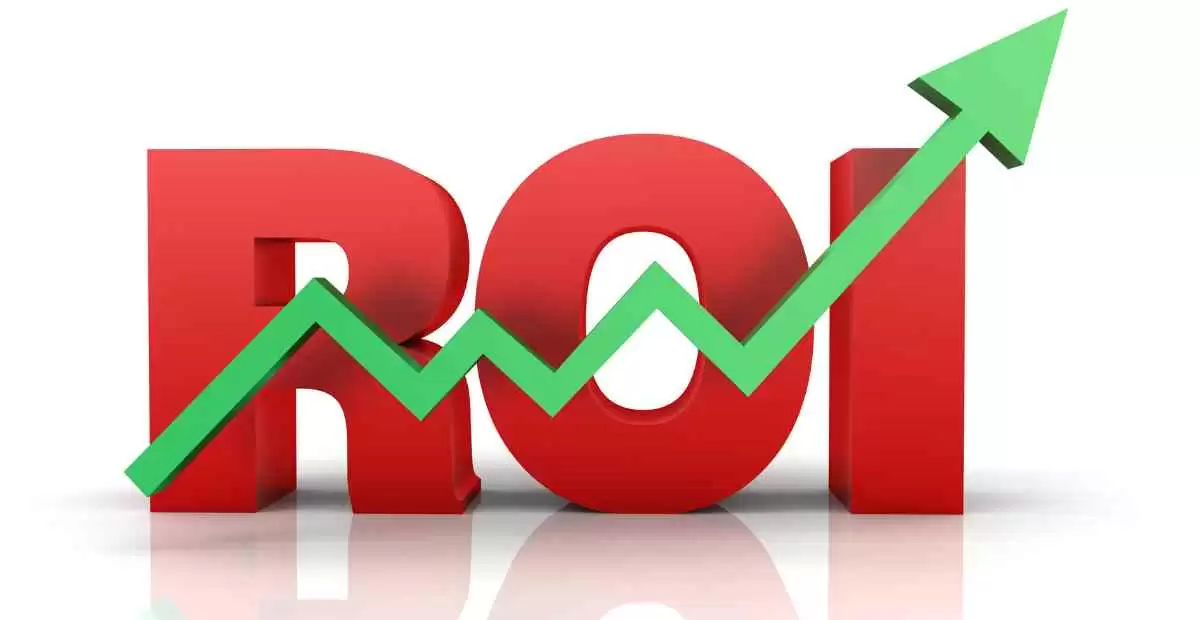 MR Admin
MR Admin
10 Jun 2024


16 Oct 2025
In a world constantly searching for sustainable, recession-proof investment options, agriculture stands out as a solid, long-term choice. With rising global food demand, technological innovations in farming, and various Agri-Tech investment platforms, investing in agriculture is no longer reserved for farmers or agronomists — it's now open to anyone with vision and capital.
But how do you know if you're truly ready to invest in agriculture?
Whether you're considering crowdfunding a maize farm in Nigeria, funding a greenhouse project in Kenya, or backing agribusiness startups through equity, there are a few signs that show you’re financially and mentally prepared for this rewarding but unique investment path.
In this post, we’ll break down the 5 key signs that you’re ready to invest in agriculture, discuss what to expect, and answer frequently asked questions to guide your decision.
Agriculture isn’t a quick win. Most crops take 3 to 12 months to mature, and agribusinesses often yield the best profits over time. If you're the type of investor who values patience and long-term sustainability over fast, high-risk returns, then you're well-suited for agri-investment.
Crop cycles require time to yield profits
Livestock, orchards, and agri-startups are multi-year ventures
Long-term commitment = better compounding returns
Example: An investment in a cashew farm may not yield returns for 3 years, but the harvest can continue for 20+ years.
Agriculture investments are best made using money you won’t need urgently. Like real estate, farming is capital intensive and exposed to natural risks. If you have spare funds, emergency savings already covered, and you're looking for a productive outlet, agriculture may be perfect.
You won’t panic during droughts or delays
You can diversify across crops, regions, or platforms
You can explore higher-yield, long-term projects
Tip: Avoid using loan money or emergency funds to invest in agriculture. It should be low-pressure capital.
If your current portfolio is filled with stocks, crypto, or real estate, agriculture can offer excellent diversification. Unlike volatile markets, farming is largely tied to real-world demand for food, which makes it less speculative and more resilient.
Agricultural demand is non-cyclical (people always need food)
It offers a hedge against inflation and market crashes
Many agri-investments are asset-backed (land, crops, equipment)
Example: While the stock market fluctuated during COVID-19, demand for essential food crops soared.
Agri-investment isn't just profitable — it’s transformative. You can help rural farmers, improve food security, and support sustainable farming practices while earning returns.
If you're passionate about impact investing or the green economy, agriculture aligns with your values.
Agriculture creates jobs in rural communities
It supports food production and reduces imports
Ethical returns = income + impact
Fact: In Africa, smallholder farmers produce 80% of the food but lack access to funding. Your investment can bridge that gap.
Agri-investment isn’t complex, but it does require basic understanding. If you’re the kind of person who takes time to research platforms, ask questions, and understand risks, you’re already ahead of most people.
Understanding crop cycles, seasons, and returns helps decision-making
Informed investors know how to diversify and protect their capital
Due diligence reduces exposure to scams or underperforming projects
Tip: Start by following trusted platforms like FarmCrowdy, Agropartnerships, ThriveAgric, or local co-ops in your country.
Do I understand how this farming model works?
Can I handle delayed or seasonal returns?
Have I checked the track record of the agri-platform or business?
Is the investment insured or risk-buffered?
Do I have a mix of short- and long-term agri-projects?
A: You can start with as low as ₦10,000 to ₦50,000 (or $10 to $100), depending on the platform and farm type.
A: Yes — like any investment, there are risks. These include weather, pests, market prices, and operational failure. But many platforms mitigate risk with insurance, monitoring, and diversification.
A: Crop cycles usually range from 3–12 months. Some investments (like tree crops or livestock) may take longer but yield larger profits over time.
A: Absolutely. With the rise of agri-tech and digital platforms, you can invest remotely while farmers handle operations.
A: Some platforms insure against specific risks (like drought or pest damage). Always ask before investing.
If any (or all) of these signs resonate with you, then congratulations — you’re ready to invest in agriculture.
From passive income to social impact, agricultural investment offers a unique blend of profit, purpose, and long-term growth. Whether you're backing a cassava farm in Nigeria or supporting vertical farming in Europe, the opportunities are vast and evolving.
 start growing your Money
start growing your Money